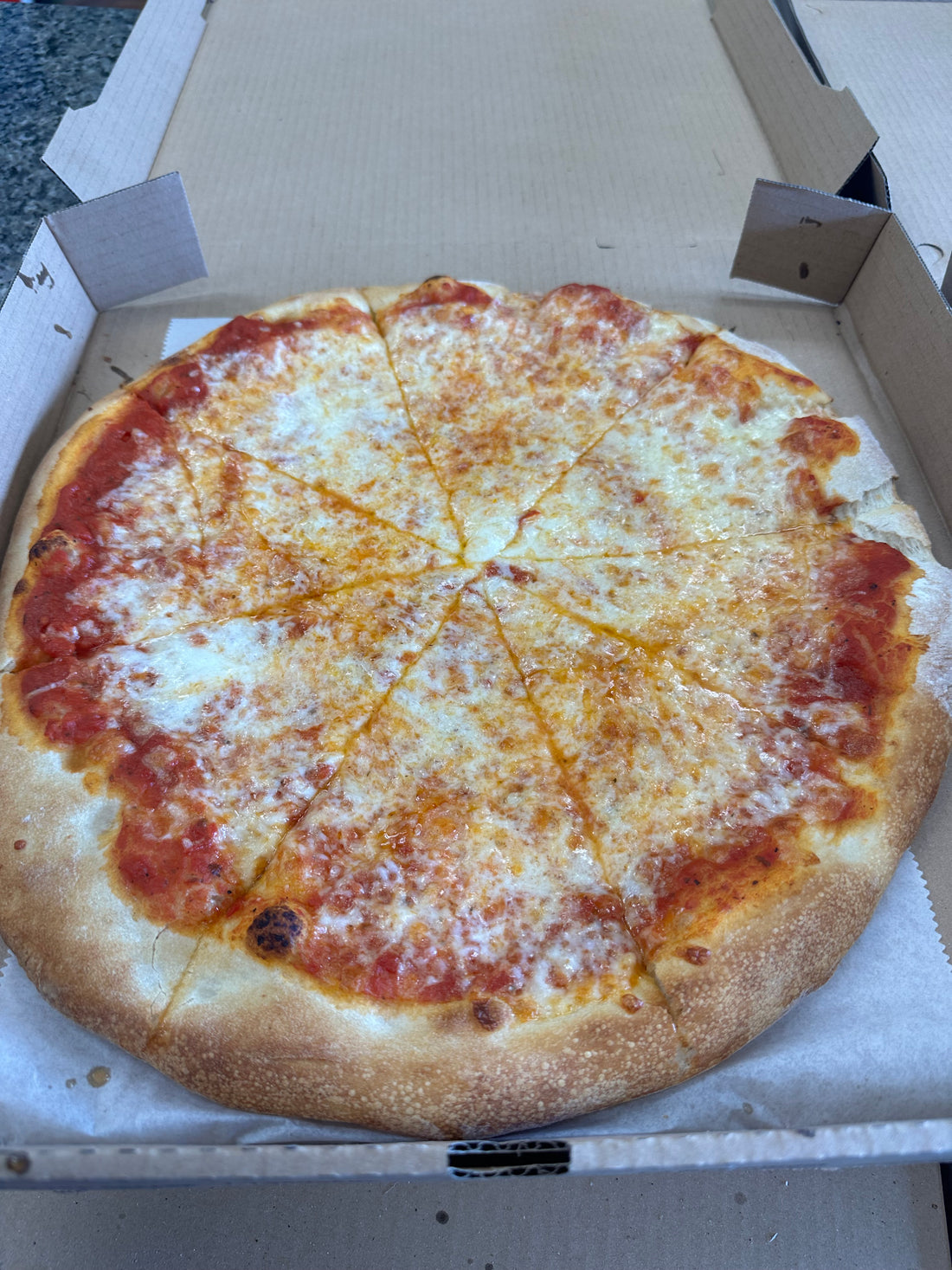
Pizza Shops: Why Yelp and Google Aren't Great with Trolls
Share
When it comes to copyright, the general rule is that the creator of an original work, such as a photograph, owns the copyright to that work. However, when you upload images to social media platforms, you typically grant the platform a license to use and display those images. Social media platforms often have terms of service or user agreements that outline the rights and permissions related to the content you upload. These agreements may vary between platforms, so it's important to review them to understand the specific terms. In most cases, by uploading images to a social media platform, you are granting the platform a non-exclusive license to use, display, and distribute your content on their platform. This license typically allows the platform to promote your content, share it with other users, and potentially use it for advertising or other purposes within the platform. It's worth noting that this license is usually limited to the platform itself and does not grant the platform ownership of your content or the right to use it outside of their platform without your permission. However, it's always a good idea to review the terms of service and understand the rights you are granting when using any social media platform. If you have concerns about the usage of your images or copyright infringement, it's advisable to consult with a legal professional who can provide specific advice based on your situation and the applicable laws in your jurisdiction.
When it comes to finding the perfect pizza shop, many of us turn to online platforms like Yelp and Google for reviews and recommendations. These platforms can be incredibly helpful in guiding us towards delicious pizza joints. However, they are not without their flaws. One major issue that plagues these platforms is the presence of trolls. In this blog, we'll explore why Yelp and Google struggle with trolls and how it can impact the reputation of pizza shops. 1. Anonymous Reviews: One of the main reasons trolls thrive on platforms like Yelp and Google is the ability to post anonymous reviews. While anonymity can be beneficial for some users who genuinely want to share their experiences, it also opens the door for trolls to spread false information or leave malicious reviews. These trolls may have never even visited the pizza shop they are reviewing, yet their negative comments can significantly impact its reputation. 2. Lack of Verification: Yelp and Google rely heavily on user-generated content, which means there is limited verification of the reviews posted. This lack of verification allows trolls to create multiple accounts and bombard pizza shops with negative reviews. Unfortunately, this can lead to an unfair portrayal of the establishment, potentially deterring potential customers from trying out a great pizza place. 3. Inadequate Moderation: Moderation is a challenging task for platforms like Yelp and Google due to the sheer volume of reviews posted daily. While these platforms have systems in place to detect and remove fake or malicious reviews, trolls often find ways to bypass these measures. The delay in removing such reviews can harm the reputation of pizza shops, especially if the negative comments remain visible for an extended period. 4. Impact on Small Businesses: Pizza shops, especially small, local businesses, heavily rely on positive online reviews to attract customers. Trolls can exploit this vulnerability by targeting these establishments with false negative reviews. The impact can be devastating, as potential customers may be discouraged from trying out a fantastic pizza place based on misleading information. 5. Personal Vendettas: Trolls may have personal vendettas against specific pizza shops or their owners. These individuals might use online platforms to vent their frustrations or seek revenge for perceived slights. Unfortunately, these personal vendettas can harm innocent businesses, tarnishing their reputation and affecting their livelihood. Conclusion: While Yelp and Google can be valuable resources for finding the best pizza shops, they are not immune to the presence of trolls. The anonymous nature of these platforms, coupled with limited verification and moderation, allows trolls to spread false information and negatively impact the reputation of pizza shops. As consumers, it is essential to approach online reviews with caution and consider multiple sources before making judgments. Additionally, pizza shop owners should actively engage with their customers and encourage genuine reviews to counteract the effects of trolls